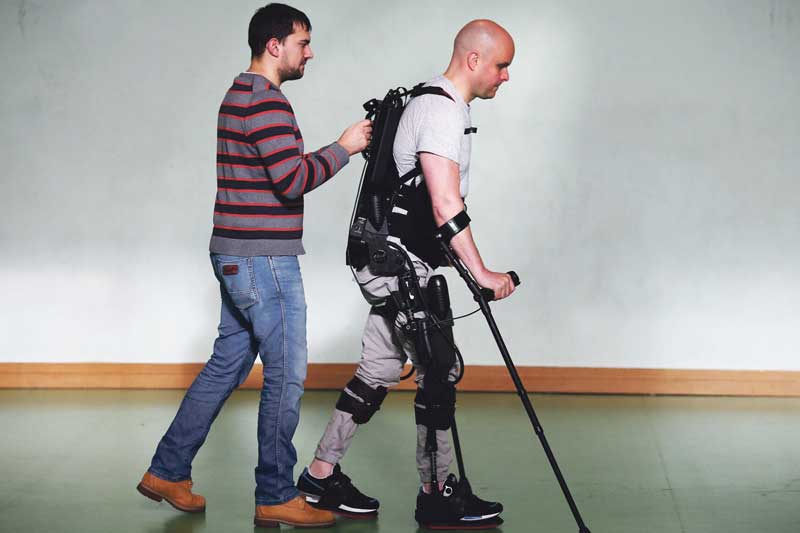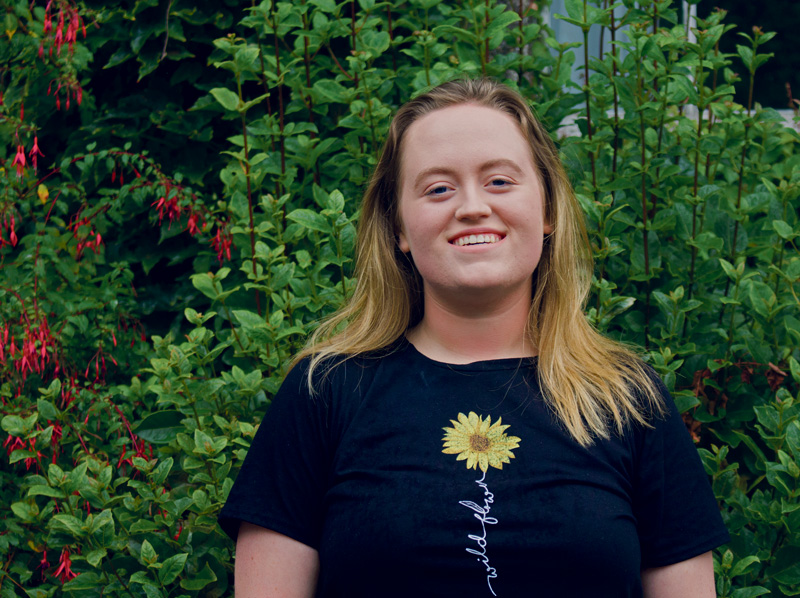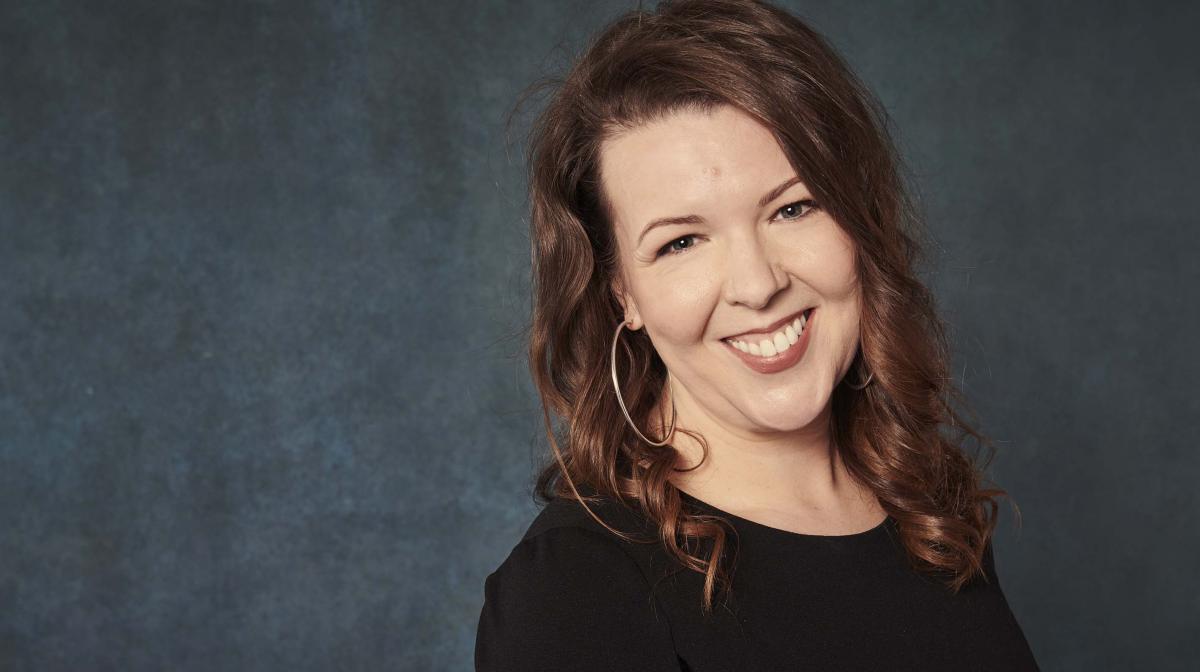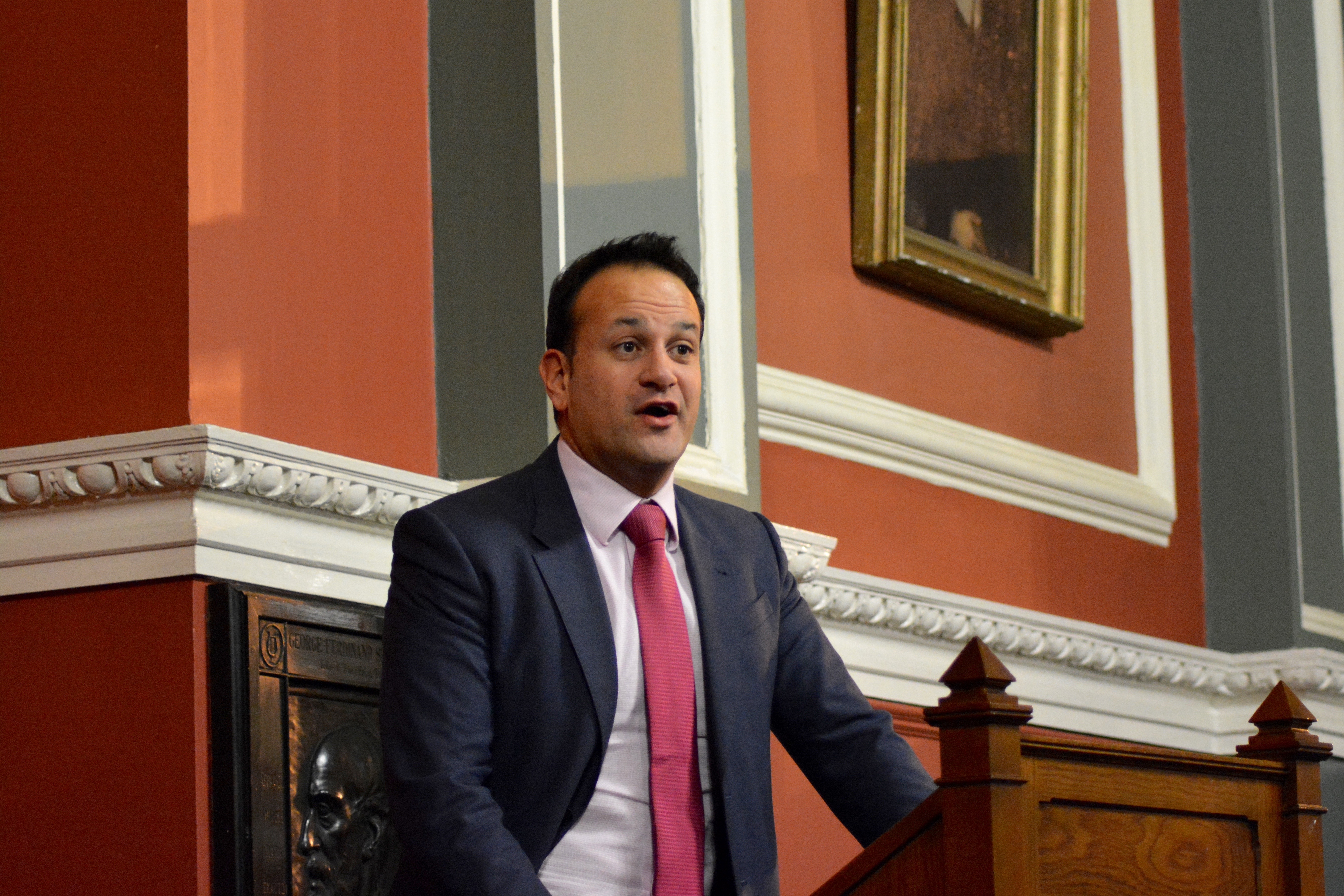When Mark Pollock arrived in Trinity in September 1994, he was unaware of the lasting impact the university would have on his adult life. Having struggled with his eyesight throughout childhood and adolescence, Pollock was accepted to Trinity on what he calls a “probation” period. “Basically, if I failed my exams after year one I was out”, he says.
I begin our interview by asking what memories stand out from his time as an undergraduate in Trinity. Pollock’s initial response is to say that he felt “really really lucky to be there”. This sense of perspective and appreciation is evident throughout our conversation.
Growing up in Hollywood, Co Down – incidentally the same town four-time golf major champion Rory McIlroy hails from – Pollock was a keen sportsman. Having lost the sight in his right eye at the age of five, Pollock was forced to avoid contact sports. This led him to take up rowing, a sport in which he would have a lucrative amateur career, rowing for Ireland while in Trinity and later winning silver and bronze medals in the Commonwealth Rowing Championships with fellow Trinity graduate Brendan Smyth in 2002.
Rowing and the Dublin University Boat Club (DUBC) were central to Pollock’s time in Trinity from the outset. “If I didn’t think I should’ve been there [Trinity] on merit, when I walked in under the Front Arch and signed up for the boat club I felt very much at home because I’d been a rower at school and basically wanted to come to Trinity to row.”
When I walked in under the Front Arch and signed up for the boat club I felt very much at home because I’d been a rower at school and basically wanted to come to Trinity to row
Pollock went on to captain DUBC in his third year and speaks fondly of the balance DUBC was able to strike between serious training and socialising. “We trained really hard but I think the discipline meant that most of the guys were able to pass their exams, but also socialise pretty hard.”
Pollock stresses, however, that the rowing team weren’t out drinking “five to six days a week”. “We’d train really hard and socialise one day a week”, he says. “We used to do circuits on a Wednesday in the Sports Hall, go over to the Pav, have a pint of milk and a Mars bar and then get stuck into the pints and go to The Pod, a student night back in the mid-90s.”
As a BESS student, Pollock also enjoyed doing the marketing for the parties DUBC would throw in its boathouse in Island Bridge. Like many students, Pollock found he developed a lot of practical skills through the co-curricular activities Trinity has to offer: “In short, I learned a lot about discipline on the water in the boat club and then I learned a lot about marketing and business off the water in running those parties.”
Pollock went fully blind at the age of twenty-two before he could sit his final exams in Trinity. As a result, he was awarded an aegrotat degree – an unclassified degree granted to a student who has fulfilled all requirements for graduation but was prevented by illness from sitting their final exams. This began a new stage in Pollock’s life in which Trinity would eventually play a different but as equally influential a role as before.
After going on to complete a master’s degree in University College Dublin’s Smurfit Business School, Pollock came back to live in Trinity four years after he went blind. He spent two years living in Botany Bay and a further year in the Graduate Memorial Building (GMB). Being back in familiar surroundings allowed Pollock to write a book detailing his struggles with blindness, start his speaking business and get fit enough to start his adventure racing, which would eventually become part of his business endeavours.
We used to do circuits on a Wednesday in the Sports Hall, go over to the Pav, have a pint of milk and a Mars bar and then get stuck into the pints
Pollock’s adventure racing culminated in a trip to the South Pole in 2008, in which he and two team mates travelled 1,000 kilometers in 43 days, with temperatures, at times, plummeting to minus 50 degrees Celsius.
Pollock was to experience yet another life-changing event in 2010 when he fell from a second story window and was left paralysed from the waist down. After leaving hospital, Trinity was once again there for Pollock as he endeavoured to find a cure for paralysis and learn how to walk in his robotic legs. This led him, somewhat inevitably, to the science end of campus.
“After blindness, Trinity was there. And then after paralysis, we moved from the Arts Block and [we] are now very much connected with the science and technology end and the Sports Hall, training in my robot. At times, we’ve funded different scientists in the anatomy, physiology and sports science departments who’ve gotten involved to help explore a cure for paralysis.”
As we near the end of our interview, I ask what advice he would give to his 18-year-old self going into his first year. Although he says he wouldn’t work much harder, he sounds slightly regretful that he didn’t take the opportunity to educate himself in other areas outside of his immediate interests while in Trinity. “I was very focussed on the rowing…I think maybe I would’ve attended more of the debates and lectures in the Hist and the Phil”, he says. “Looking back, things I’m interested in now – philosophy, psychology, the wider world outside rowing and socialising – I didn’t necessarily grasp the opportunities that were all there.”
Despite this, Pollock has clearly gained a huge amount from Trinity both as an undergraduate and in later life. It is also evident that he has made a substantial contribution to the college community over the last 20 years.
One of Pollock’s mantras is that “sometimes the challenge chooses you and what you decide to do about it is what counts”. As first years begin their university journey, with the many new challenges this entails, they might be well advised to remember and be inspired by Mark Pollock’s story of bravery, determination and hope.










